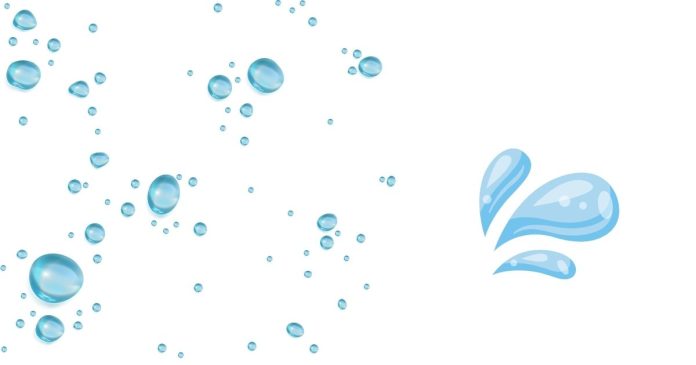Water, as a substance, was not invented by anyone. It is a natural compound that has existed for billions of years.
Water (H₂O) is made up of two hydrogen atoms and one oxygen atom, and it forms naturally through chemical processes. It is one of the most abundant substances in the universe, essential for all known forms of life, and it plays a crucial role in Earth’s climate, weather, and geological processes.
How water was formed:
- Water likely formed early in Earth’s history, when hydrogen and oxygen atoms combined in the right conditions. This could have occurred through processes like volcanic activity, meteorite impacts, or chemical reactions in the primordial Earth.
- The formation of water on Earth also involves complex processes, including the cooling of molten rock (which released gases like water vapor) and the planet’s ability to retain and condense moisture in its atmosphere.
Key Historical Notes:
- The ancient Greeks and later early scientists were the first to attempt to explain the nature of water. For example, Thales of Miletus (around 600 BCE) believed that water was the fundamental substance of the universe.
- The modern understanding of water as a molecule (H₂O) emerged in the 18th century. Scientists like Henry Cavendish and Joseph Priestley conducted experiments that led to the discovery of hydrogen and oxygen and how they combine to form water.
So, water wasn’t invented—it’s a natural and ancient compound that has been a part of Earth for as long as the planet itself.


